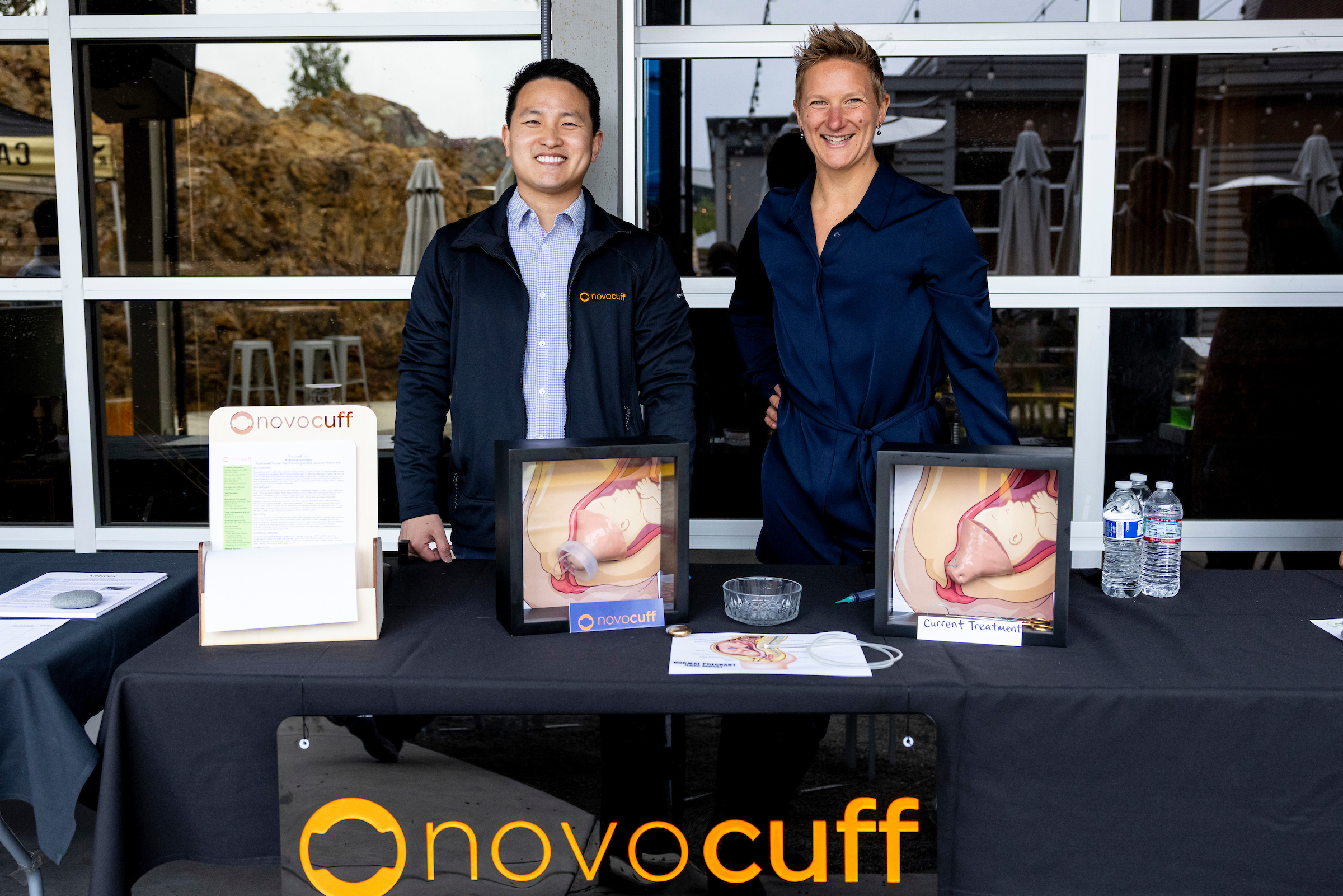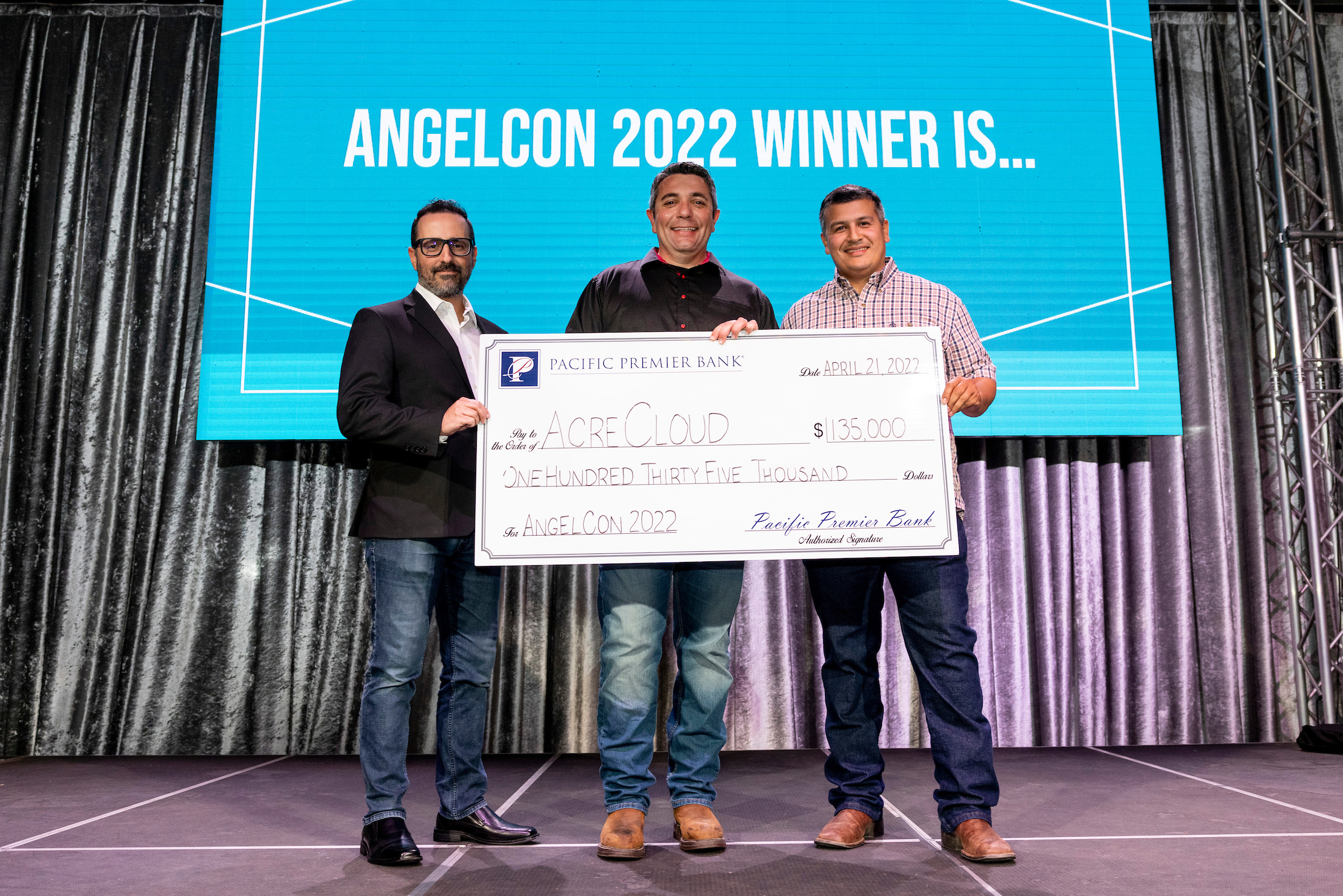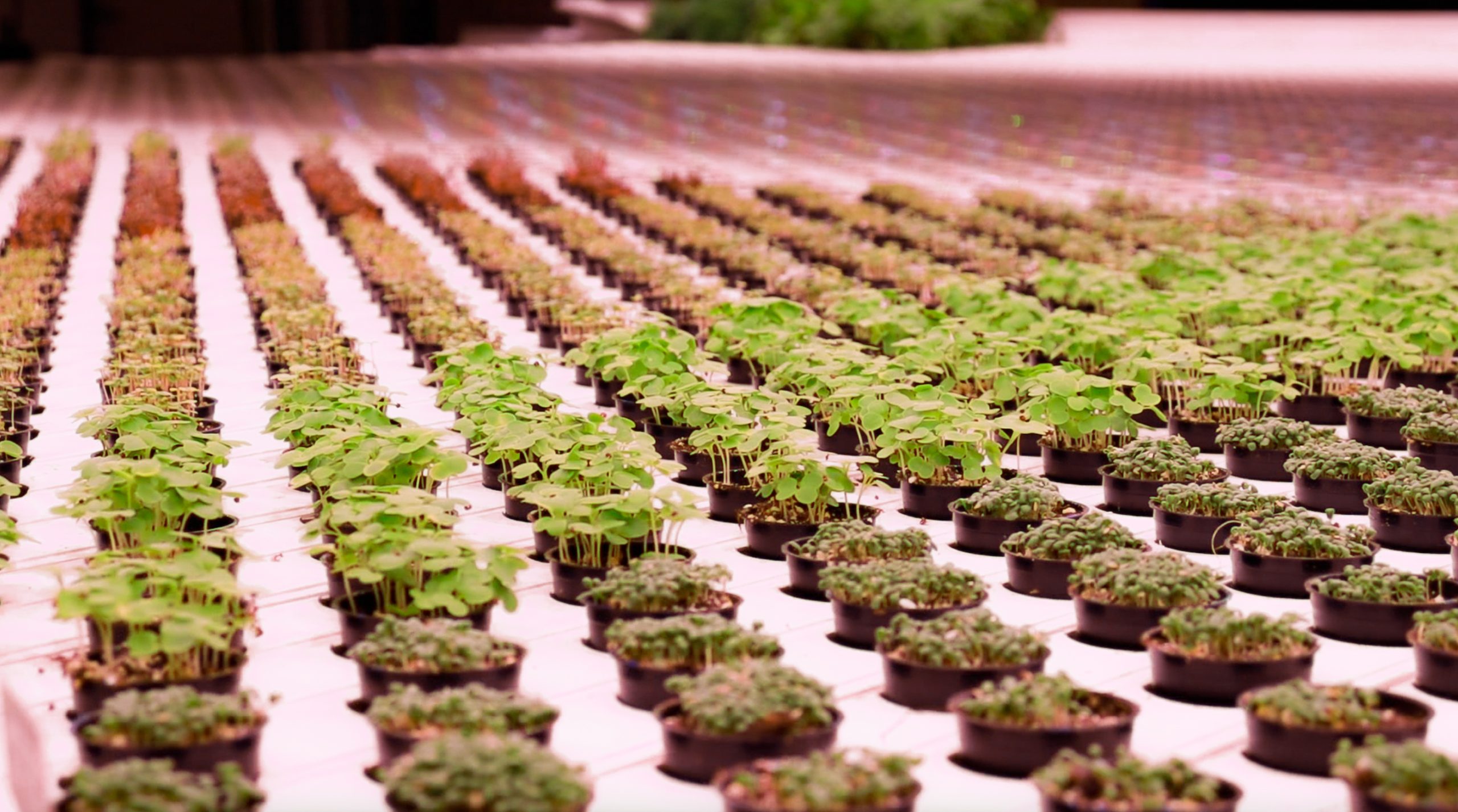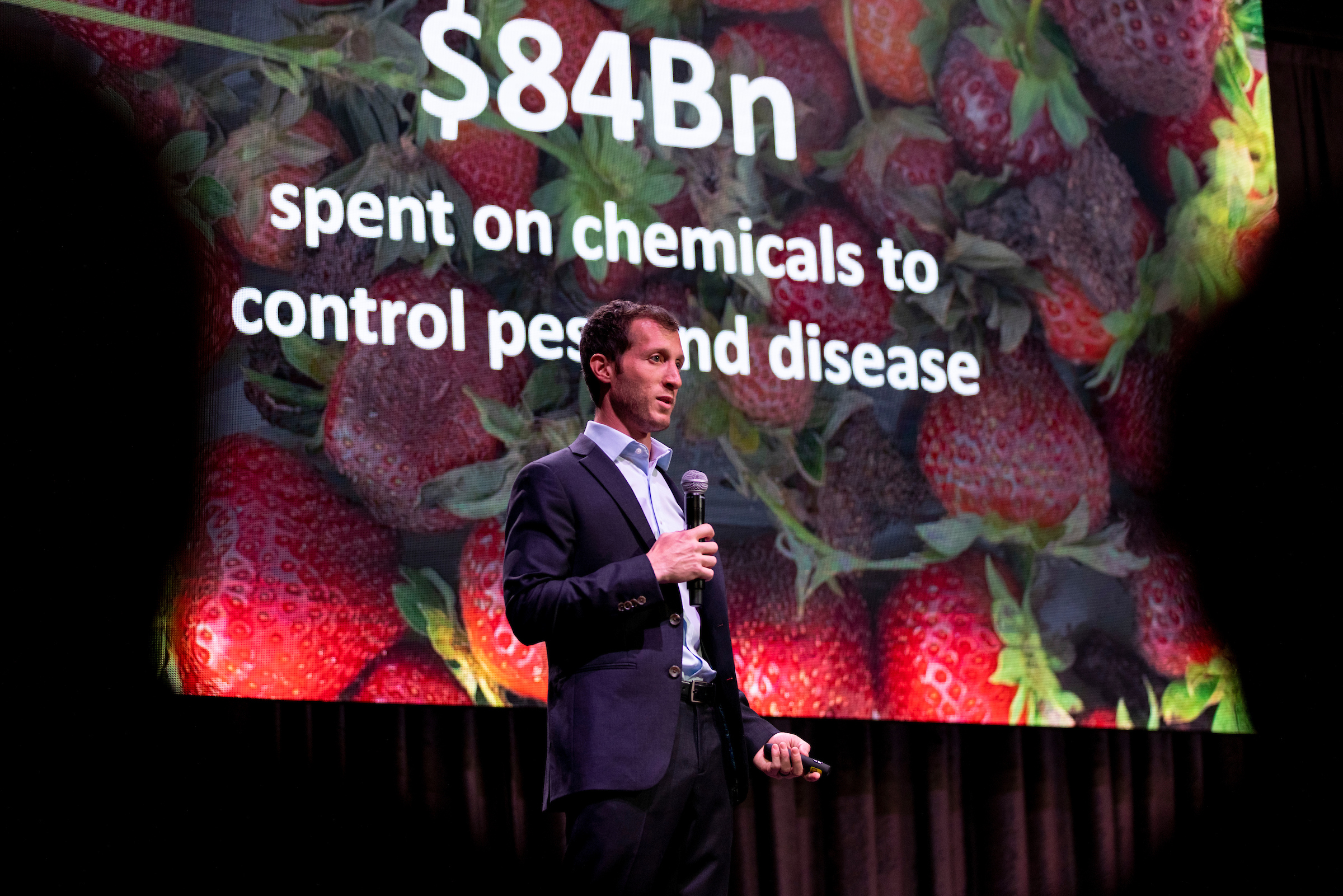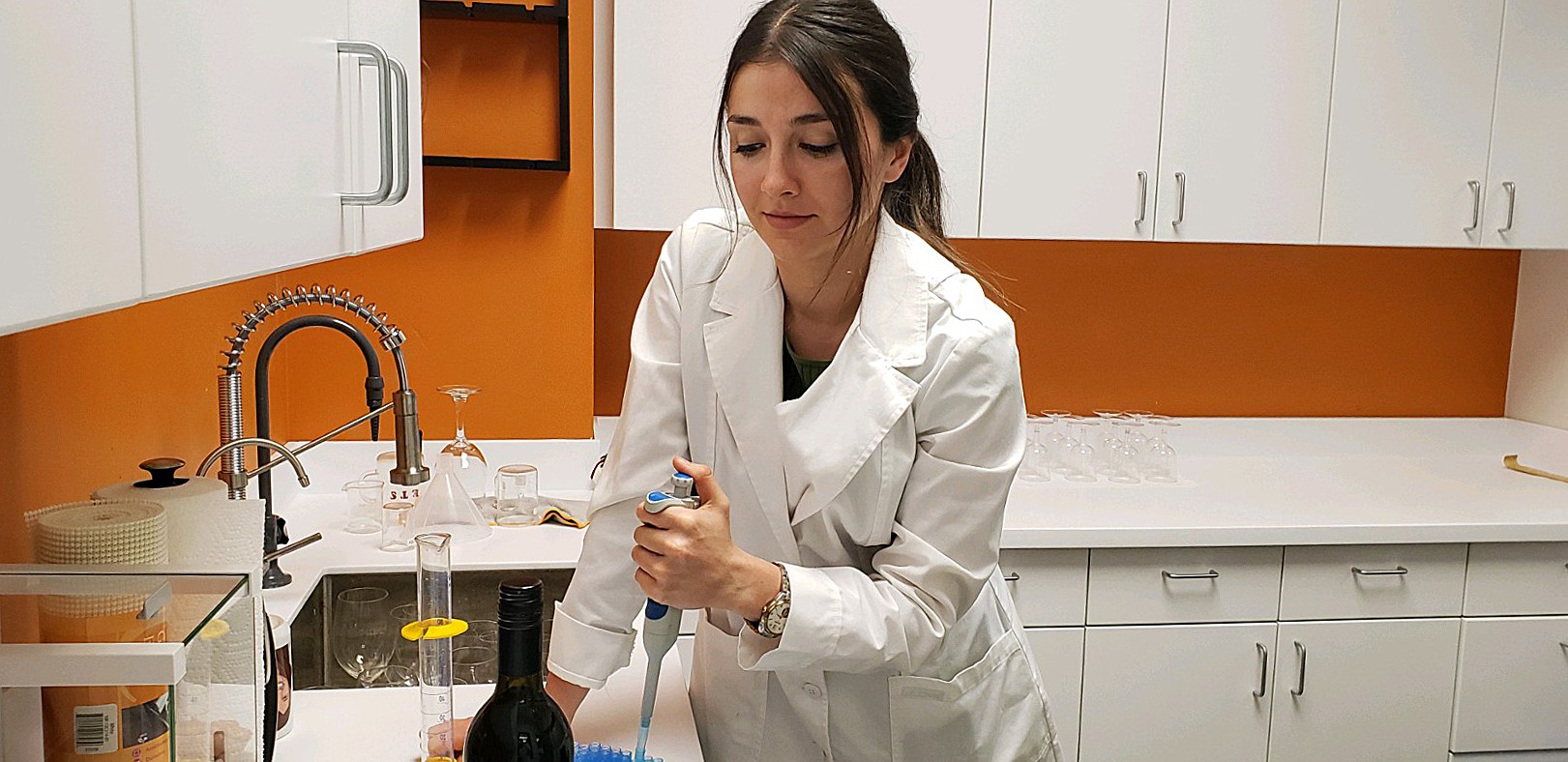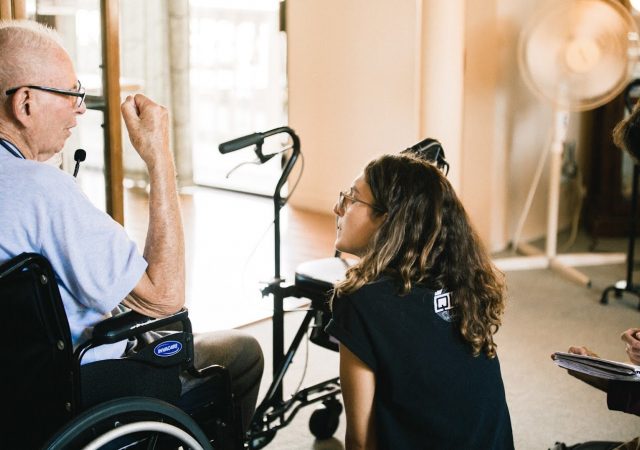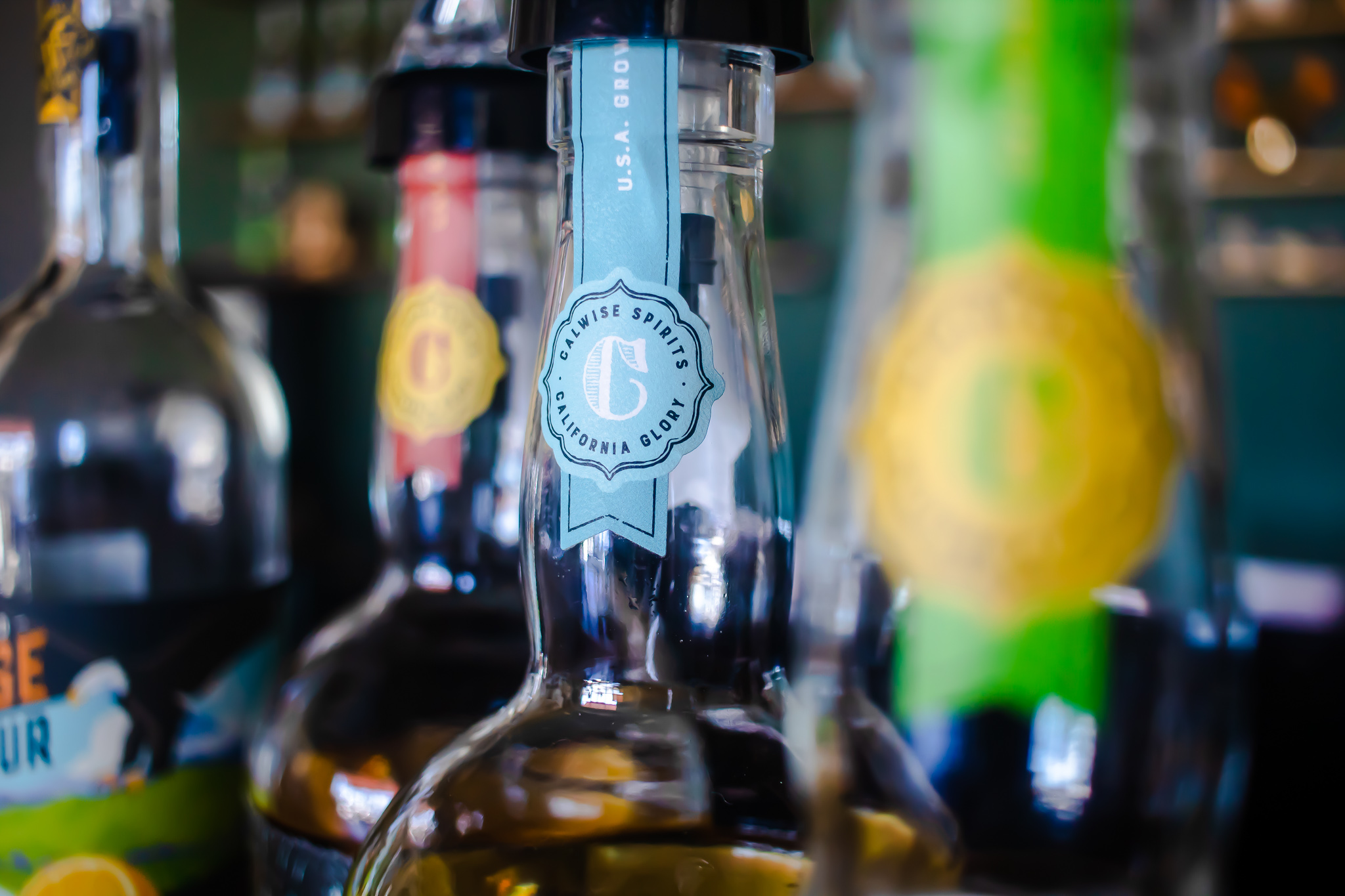Incubator Spotlight: ARTIFEX
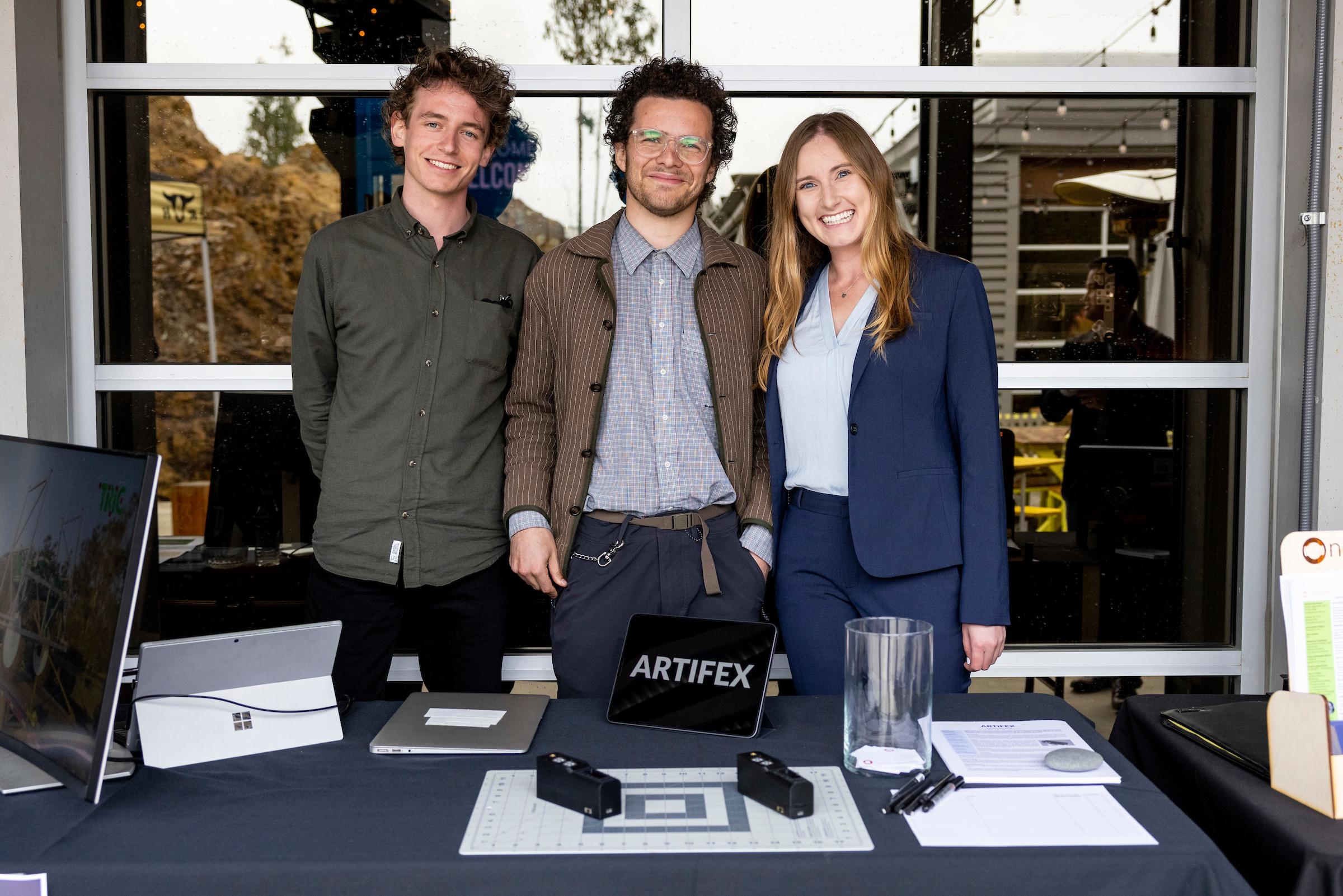
ARTIFEX is creating a data processing software that allows architects and designers to input data points and receive automated floor plans. Users can then export that data and use it to inform the next stage of the design process.
The idea for the tool stemmed from research that co-founder Elijah Williams conducted while pursuing a Master of Science in Architecture with Cal Poly. Williams’ original idea was for a hardware device that used a laser to collect measurement data. He brought that idea to the Cal Poly Center for Innovation and Entrepreneurship (CIE) in 2021 and joined the CIE’s Hatchery, a startup incubator for Cal Poly students.
Around that same time, Anna Baytosh, a Cal Poly Masters in Business Administration student at the time, approached the CIE looking to get involved and learn more about the startup process. The CIE connected her with Williams, and she joined ARTIFEX just in time to apply for the CIE’s Summer Accelerator program.
The Summer Accelerator is a three-month program that provides Cal Poly students and recent graduates with the resources needed to build a business, including $10,000 in seed funding. ARTIFEX was one of the nine startups accepted into the program in 2021.
By the end of the Summer Accelerator, ARTIFEX had successfully raised a small round of pre-seed capital. Baytosh, who had originally planned to leave ARTIFEX after completing the program, joined Williams as an official co-founder and became the startup’s COO.
Following the Summer Accelerator, ARTIFEX joined the CIE’s two-year Incubator program, which is designed to help early-stage startups develop into financially stable and scalable businesses. It connects founders with resources that can help facilitate growth, such as mentorship, networking events and funding opportunities.
“The Incubator provides a wealth of resources, from accounting, legal, marketing, finance — anything you really need to get your startup off the ground,” Baytosh said. “For us, it was about the Incubator helping us build that structure around what we had already created in the Summer Accelerator.”
Since joining the Incubator, ARTIFEX has pivoted from their original hardware idea to a software solution. They’ve also begun fundraising.
The Incubator has connected ARTIFEX with several fundraising opportunities, including AngelCon, an annual pitch competition hosted by the Cal Poly CIE Small Business Development Center (SBDC), where tech-driven startups from California’s Central Coast compete to win equity-backed funding.
ARTIFEX participated in AngelCon in 2022, and although they did not raise funding from the competition, Baytosh said it was still “an awesome experience.”
She described the preparation for the competition as a “pitch bootcamp.”
“We were able to hone our pitch and our strategy,” she said. “And we were able to meet more people that we were able to raise funds from later.”
In addition to helping the ARTIFEX co-founders meet prospective investors, the Incubator also introduced them to a community of fellow entrepreneurs.
“I would say, for a venture-backed startup, a network of advisors, investors and fellow founders is absolutely crucial because that’s what’s going to keep you going,” Baytosh said. “Those network connections are going to get you to the next step.”

